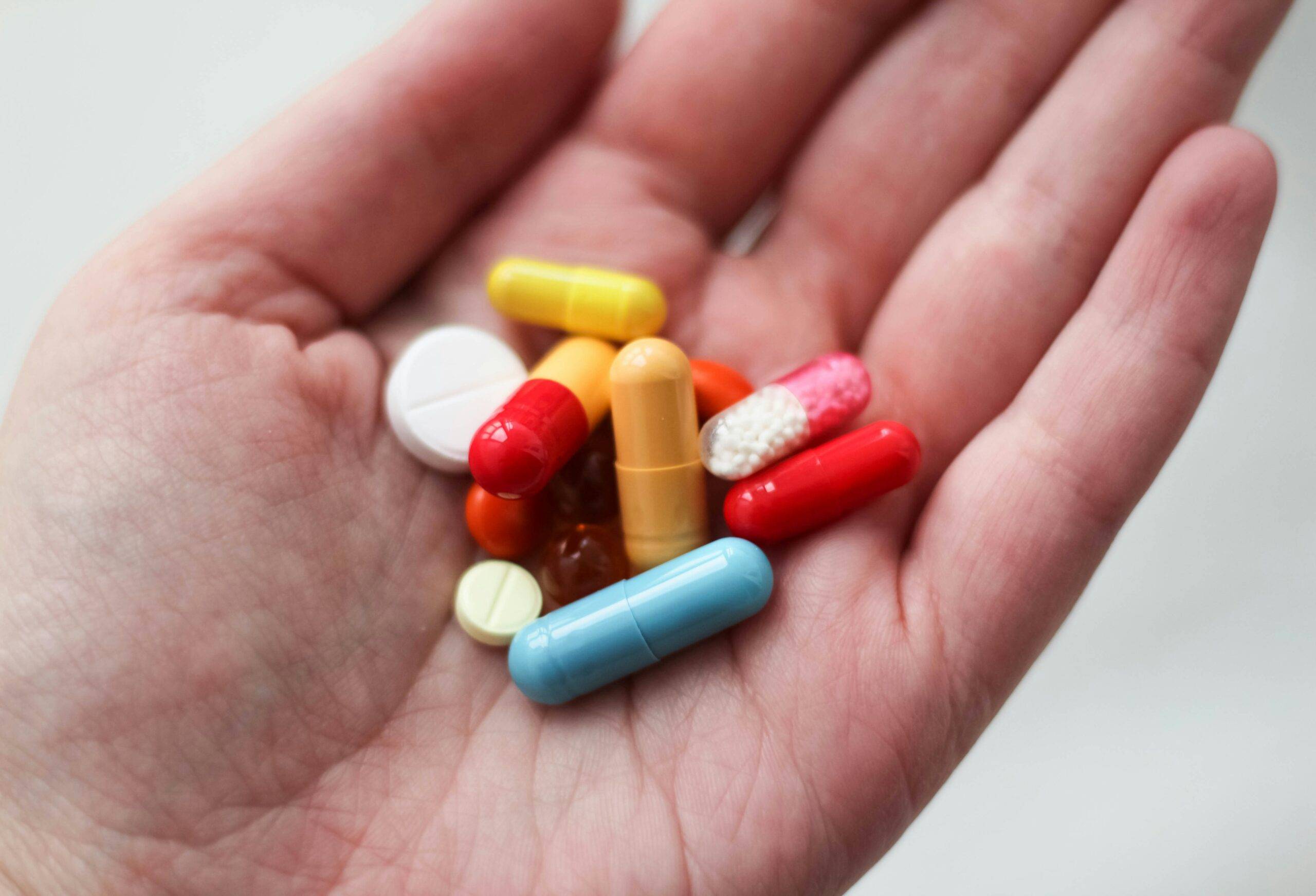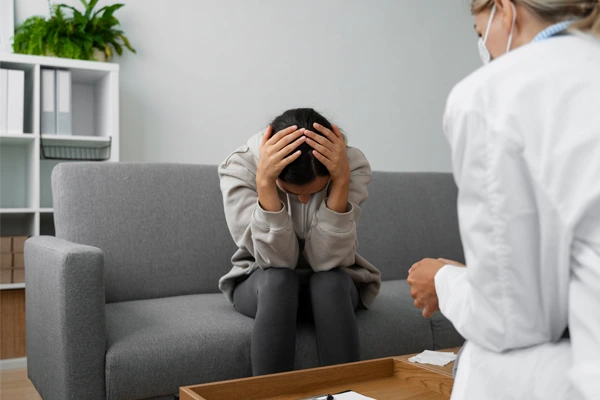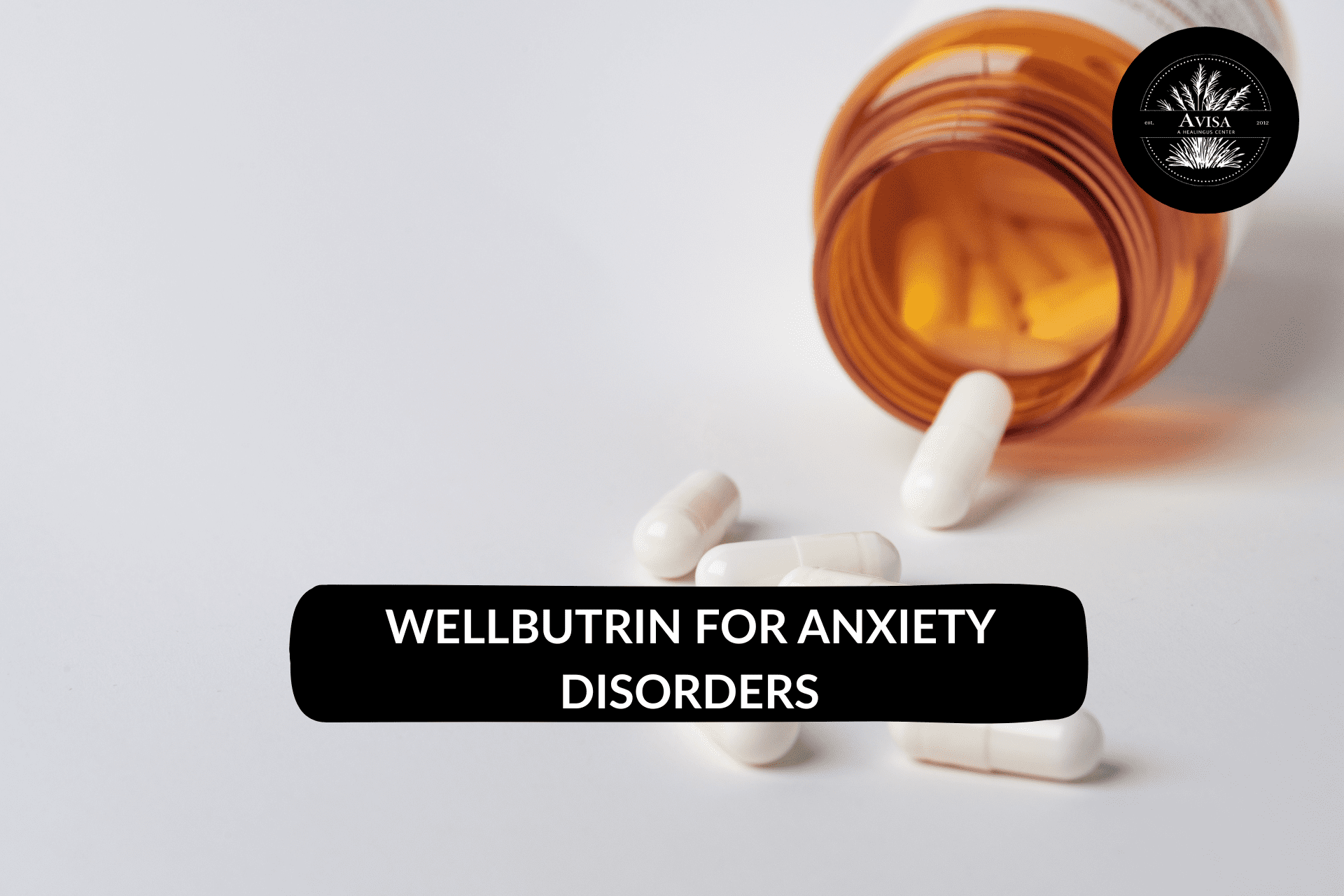Struggling to sleep is a big problem during insomnia alcohol detox. People often find it hard to fall asleep. Their sleep gets interrupted, and they have intense dreams.
This happens because of how alcohol messes with your body’s sleep system. At first, alcohol can make you feel sleepy. But in the long run, it messes up REM (rapid eye movement) sleep. REM sleep is super important for remembering things and handling emotions. When you stop drinking, your body tries to catch up on REM sleep, leading to bad sleep and insomnia.
Sleepless nights are a tough battle during alcohol detox!
Understanding Sleep During Alcohol Detox
Alcohol’s influence on sleep extends beyond disrupting sleep cycles. The physiological effects of alcohol on the body, including its impact on neurotransmitters like gamma-aminobutyric acid (GABA) and glutamate, contribute to sleep disturbances during detox. GABA, an inhibitory neurotransmitter, promotes relaxation and sleepiness, while glutamate, an excitatory neurotransmitter, stimulates brain activity.
Alcohol’s Disruption of Sleep Cycles
- Alcohol consumption suppresses REM sleep in the initial part of the night.
- Decreases the overall duration of REM sleep, impacting cognitive function and emotional regulation.
- Metabolization of alcohol may lead to REM rebound, resulting in vivid, emotionally charged dreams.
The importance of a good night’s sleep during detox
- Alcohol disrupts the architecture of non-REM sleep, particularly deep sleep stages.
- Non-REM sleep is crucial for physical restoration, immune function, and hormone regulation.
- Disruption of non-REM sleep leads to fragmented sleep patterns and difficulty maintaining continuous sleep.
Common Sleep Problems During Insomnia Alcohol Detox
- Insomnia: Difficulty falling or staying asleep despite feeling fatigued.
- Fragmented Sleep: Frequent awakenings and restless sleep throughout the night.
- Vivid Dreams or Nightmares: Resulting from REM rebound, contributing to emotional distress.
Impact of Withdrawal Symptoms
- Anxiety: Restlessness and increased physiological arousal make it challenging to relax and fall asleep.
- Tremors: Physical discomfort and tremors can disrupt sleep continuity.
- Increased Physiological Arousal: Withdrawal symptoms exacerbate sleep problems during detox.
Establishing Bedtime Routine
Importance of a Regular Sleep Schedule
Our bodies run on an internal clock called the circadian rhythm. This clock controls our sleep-wake cycle over 24 hours.
It’s important to go to bed and wake up at the same times every day. This keeps our body clock in sync, helps us sleep better, and makes us feel good overall.
Even on weekends, sticking to a regular sleep schedule helps keep our body clock steady. This makes it easier to fall asleep and wake up feeling refreshed every day.
Benefits of Consistent Sleep and Wake Times
- Regulates circadian rhythm, promoting better sleep quality.
- Enhances daytime alertness and cognitive function.
- Supports overall physical and mental health.
Tips for creating a sleep-friendly environment
- Gradually shift bedtime and wake-up times by 15-30 minutes each day until reaching the desired schedule.
- Expose yourself to natural light in the morning to signal wakefulness and suppress melatonin production.
- Avoid caffeine and heavy meals close to bedtime to facilitate falling asleep easier.
The Role of Relaxation Techniques in Combating Insomnia Alcohol Detox
When dealing with insomnia during alcohol detox, using relaxation techniques is really important. Creating a calming bedtime routine tells your body it’s time to relax and get ready for sleep.
Doing peaceful activities can help reduce stress, making it easier to relax and fall asleep. This is especially helpful during alcohol detox, as insomnia can make withdrawal symptoms worse.
Calming Bedtime Activities
- Reading a book or listening to soothing music.
- Take a warm bath with essential oils.
- Engaging in light stretching or gentle yoga.
Avoiding Stimulating Screens
- Minimize exposure to electronic devices such as phones, laptops, and TVs at least an hour before bed.
- Blue light emitted by screens can suppress melatonin production and disrupt sleep-wake cycles.
Winding Down Activities
- Practicing meditation or deep breathing exercises.
- Journaling thoughts or concerns to clear the mind before bedtime.
Optimizing Your Sleep Environment
creating a sleep-friendly environment becomes paramount. Paying attention to factors such as room temperature, lighting, noise levels, and bedding comfort can significantly influence sleep quality and duration.
By improving these environmental conditions, individuals undergoing alcohol detox can enhance their chances of experiencing restorative sleep despite the challenges posed by withdrawal symptoms.
Ideal Sleep Environment
- Maintain a cool and comfortable room temperature, typically around 60-67°F (15-19°C).
- Use blackout curtains or eye masks to block out excess light and promote darkness.
- Minimize noise disturbances by using earplugs or a white noise machine if needed.
Comfortable Bedding
- Invest in a mattress and pillows that provide proper support and alignment for your body.
- Replace old or worn-out bedding to enhance comfort and promote better sleep posture.
Lifestyle Modifications to Promote Sleep
In today’s fast-paced world, amidst the challenges of insomnia and alcohol detox, obtaining sufficient sleep may seem like an elusive luxury. Nonetheless, prioritizing high-quality sleep remains essential for holistic health and well-being, especially during the insomnia alcohol detox process. These adjustments can significantly impact sleep patterns and support the recovery journey, offering a glimmer of hope amid the complexities of insomnia alcohol detox.
Exercise Regularly
- Engage in moderate exercise for better sleep quality.
- Benefits include the release of endorphins and stress reduction.
- Avoid strenuous activity close to bedtime, with a gap of at least three hours.
- Tailor workouts to your fitness level, such as brisk walking, swimming, or yoga.
Diet and Hydration
- Avoid heavy meals, sugary drinks, and spicy foods within three hours of bedtime.
- Stay hydrated throughout the day, but reduce fluid intake before bed to minimize bathroom trips.
Limiting Stimulants
- Caffeine and nicotine can disrupt sleep due to their stimulating effects.
- Avoid consumption, especially in the afternoon and evening, allowing at least six hours before bedtime to minimize impact.
Additional Tips for Sleep During Detox
Maintaining a consistent sleep schedule and creating a relaxing bedtime routine can also aid in promoting better sleep during insomnia alcohol detox. Providing a comfortable sleep environment, with a cool, dark, and quiet room, can further enhance sleep quality and support the insomnia alcohol detox process.
Relaxation Techniques
Incorporate relaxation practices like deep breathing exercises, progressive muscle relaxation, or guided imagery before bedtime to promote relaxation and reduce anxiety.
Avoiding Naps
Napping, particularly in the afternoon, can disrupt nighttime sleep patterns. If necessary, limit naps to short durations (20-30 minutes) and avoid napping late in the day.
Medication-Assisted Treatment
In cases of severe insomnia during detox, a doctor may prescribe medication. However, it’s crucial to use these medications under medical supervision to ensure safety and effectiveness.
Tired of fighting addiction and mental health struggles?
Ignoring both deepens the struggle. Our holistic approach—detox, therapy, and medication-assisted treatment—can help you heal. Take the first step today.
Conclusion
As you navigate the challenging journey of Insomnia alcohol detox, remember that prioritizing quality sleep is fundamental to your overall recovery.
By implementing the strategies outlined here, such as establishing a consistent sleep schedule, creating a relaxing bedtime routine, and making lifestyle modifications to promote better sleep, you’re taking proactive steps toward healing both your body and mind. If sleep problems persist, don’t hesitate to seek help from Avisa.
Remember, you’re not alone in this journey, and with determination and support, you can overcome the obstacles on the path to recovery. Take care of yourself, and keep moving forward towards a healthier, brighter future.
FAQ’s
Why can’t I sleep when I don’t drink alcohol?
When you stop drinking alcohol, your body goes through withdrawal, which can disrupt your sleep patterns. Alcohol affects neurotransmitters in the brain, including serotonin and GABA, which regulate sleep. When you suddenly stop drinking, your body may struggle to adjust, leading to insomnia and difficulty falling or staying asleep.
What happens to your body day by day when you stop drinking?
After quitting alcohol, your body undergoes several changes. Initially, you may experience withdrawal symptoms such as anxiety, tremors, and insomnia. In the following days, your liver begins to recover, and your immune system strengthens. As time goes on, you’ll notice improvements in energy levels, mood, and cognitive function, and your risk of long-term health problems associated with alcohol decreases.
Is insomnia a long-term effect of alcohol?
Yes, insomnia can be a long-term effect of alcohol abuse. Chronic alcohol consumption disrupts sleep architecture and can lead to persistent sleep problems even after quitting. Factors such as changes in brain chemistry, anxiety, and stress can contribute to ongoing insomnia in individuals with a history of alcohol abuse.
What is withdrawal insomnia?
Withdrawal insomnia refers to the sleep disturbances experienced during the withdrawal period when someone stops using alcohol or other substances. It is a common symptom of alcohol withdrawal syndrome and can manifest as difficulty falling asleep, frequent awakenings, or restless sleep.
What are the first signs of liver damage from alcohol?
The first signs of liver damage from alcohol can include fatigue, loss of appetite, nausea, and abdominal pain or swelling. As liver damage progresses, symptoms may worsen and include jaundice (yellowing of the skin and eyes), dark urine, and easy bruising or bleeding.
What do 7 days of no alcohol do?
After seven days of abstaining from alcohol, your body begins to experience significant improvements. Your liver starts to repair itself, and your body begins to detoxify. You may notice better sleep quality, increased energy levels, improved digestion, and clearer skin. Mental clarity and mood may also improve as alcohol’s effects on brain function begin to diminish.
How long does it take to heal the gut after quitting drinking?
The timeline for gut healing after quitting drinking varies from person to person and depends on factors such as the duration and severity of alcohol abuse, overall health, and dietary habits. Generally, significant improvements in gut health can be observed within a few weeks to months after quitting alcohol. However, for individuals with severe gut damage, complete healing may take longer, possibly up to a year or more. Adopting a healthy diet rich in fiber, probiotics, and nutrients can support gut healing and recovery.











